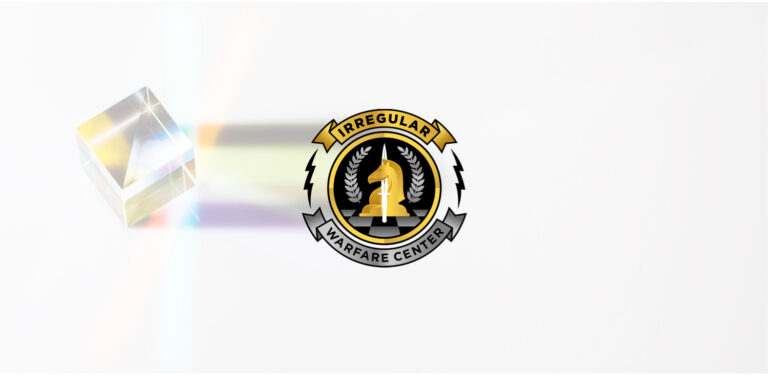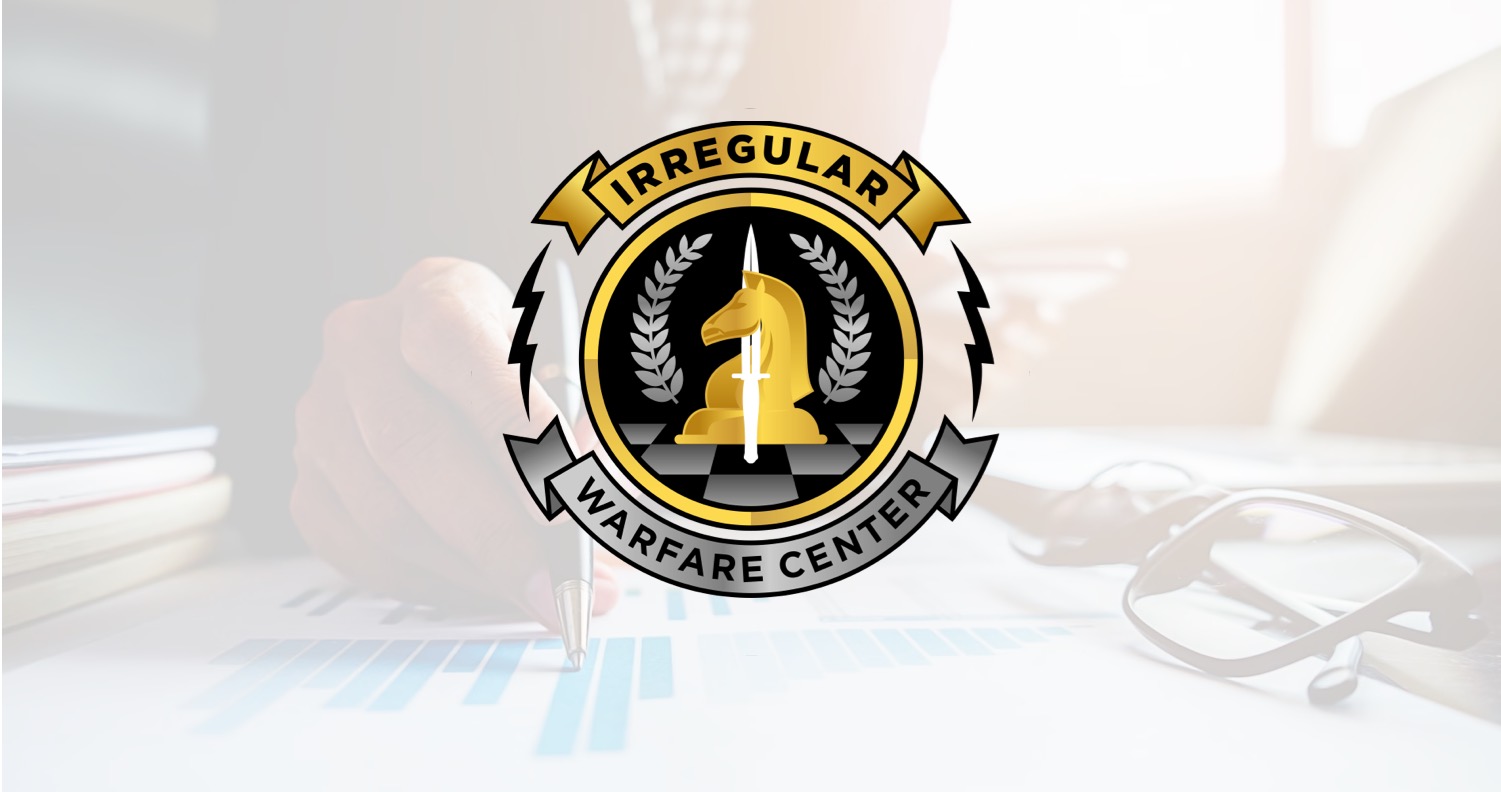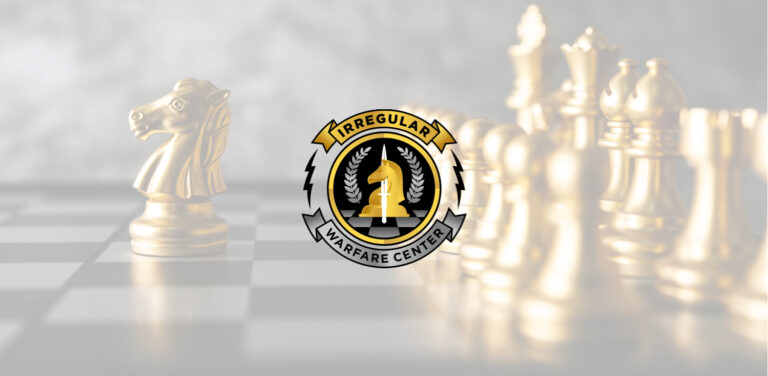As warfare evolves from sticks and stones to nuclear armaments and beyond, digital tools like scamming and social media offer novel and significant impacts on the battlefield. New digital tactics, techniques, and procedures (TTPs) developed by Ukraine in response to Russia’s February 2022 incursion mark the beginning of social media warfare, characterized not just by cyber confrontations but how the digital translates into action on the battlefield. The use of digital platforms will only grow and further expose how these technologies can both aid and compromise military efforts in modern warfare. Russia’s experience with Ukrainian-leveraged digital assets serves as a cautionary tale for both individuals and militaries about the perils and possibilities inherent in our connected world.



